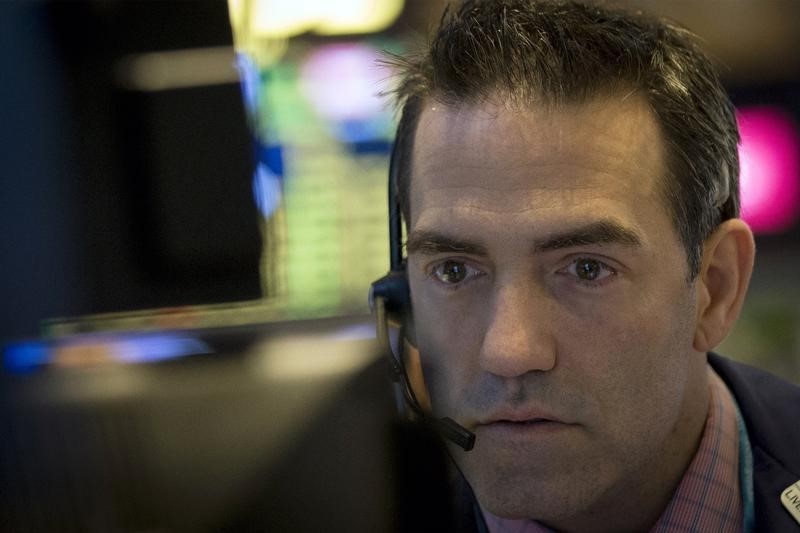(Reuters) - A group representing institutional investors from the Church has written to British public companies telling them it will watch closely this year to check that pay rises to top executives are not excessive.
The Church Investors Group (CIG), which has 59 members with combined investments of 17 billion pounds ($21.30 billion), said it had written to all the companies in the FTSE 350 index, outlining its stance on executive pay, gender diversity and climate change, and telling them about the voting policy it will apply at all company annual general meetings in 2017.
The CIG told the companies it would continue to put strong emphasis on assessing whether their approach to executive pay promoted sustainable shareholder returns or if pay rewards were excessive, it said in a statement on its website.
"We have ... asked for further information about how internal pay
differentials are monitored and incorporated into executive pay policies," Stephen Beer, chief investment officer of the central finance board of the Methodist Church, said.
The letter is the latest sign that some of the biggest holders of British stocks plan to get tougher on executive pay, as the government turns up the heat over the yawning income gap between bosses and employees following Britons' vote to leave the European Union.
Three of the five biggest investors in FTSE 350 companies have set out fresh guidance on setting top pay, or say they plan to do so before votes at annual general meetings this spring.
According to the High Pay Centre, a campaign group, the median annual pay of bosses at the 100 biggest London-listed companies stands at just under 4 million pounds.
So far, investors have had little public success in forcing company boards to change executive pay arrangements, although they have scored some symbolic victories. For example, they rejected a $20 million pay deal for BP (L:BP) Chief Executive Bob Dudley, but the vote was non-binding.
Adam Matthews, head of engagement for the Church of England pensions board, said the Church would support resolutions that seek greater financial disclosure of the risks posed by the transition to a low carbon economy.
"This year promises to be an important year for issues of executive remuneration and climate change. Last year saw a number of high profile votes going against board recommendations and we expect this issue to continue to be high on shareholders' agenda in the 2017 voting season," he said.
($1 = 0.7984 pounds)
